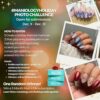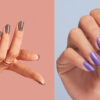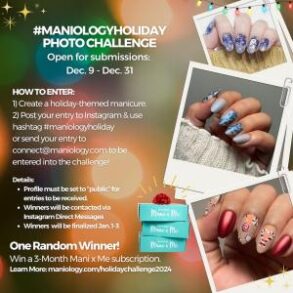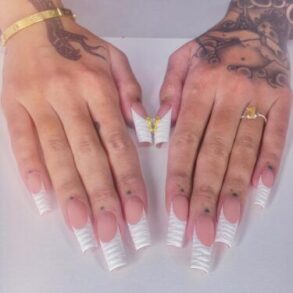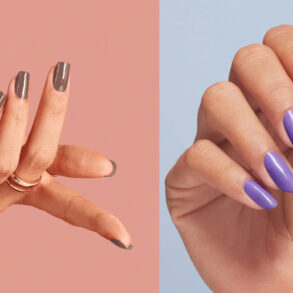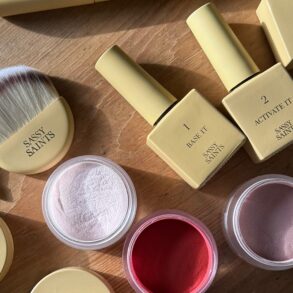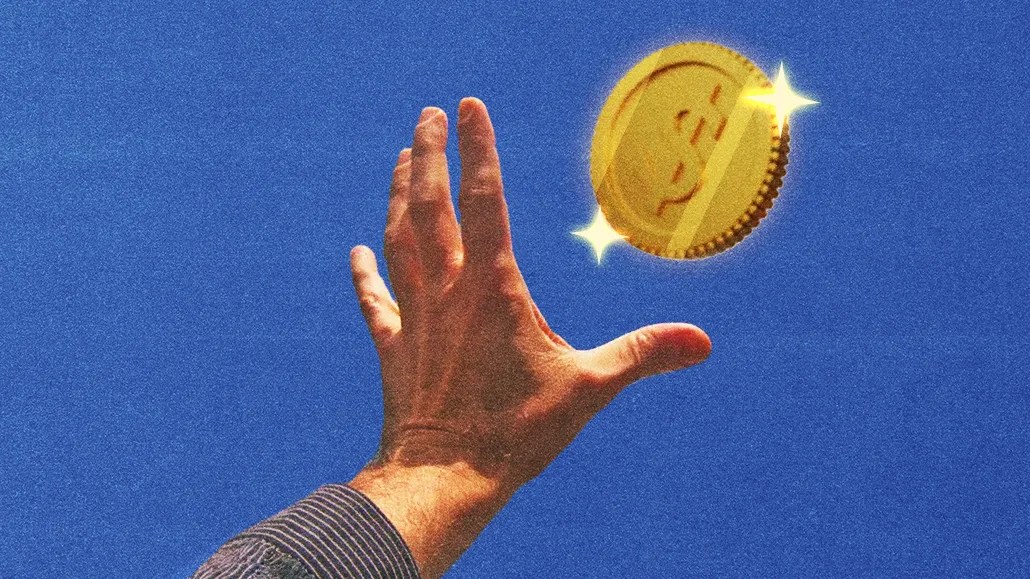
Nicki Minaj’s press-on nail brand Pink Friday Nails is hosting its first in-person pop-up at Shopify’s New York event space. It’s part of the e-commerce platform’s latest push to drive growth through celebrity collaborations.
Shopify began partnering with rapper and entrepreneur Nicki Minaj earlier this year in March when she opened an online store powered by the e-commerce platform selling lavish nail art. Now, that partnership is expanding beyond the internet and into a full-fledged brick-and-mortar store, where Minaj’s massive fan base can shop the latest Pink Friday Nails products. The pop-up event is set to take place in New York City’s Soho neighborhood at Shopify NY, the company’s event space, and will feature a full nail salon, exclusive merch and giveaways, including free tickets to the last concert of Minaj’s world tour in Queens. The pop-up store will be open from Oct. 10 through Oct. 13.
It’s all part of Shopify’s plan to harness the massive social media followings of celebrities and influencers to grow beyond merely powering brands’ e-commerce sites. For the last few years, Shopify has taken strides to bolster its relationship with influencers and celebrities, from its acquisition of Dovetale, a software startup that helps brands manage their influencer marketing programs, to the introduction of Shopify Collabs, a directory that connects Shopify merchants with content creators. Looking ahead, Shopify wants to continue to tap celebrity brands to craft unique commerce experiences, like pop-up stores, to help fans connect with brands in more bespoke ways.
Minaj’s pop-up store is just one of many collaborations between celebrities and Shopify. In February, Beyoncé’s beauty brand Cécred launched on the platform. In the past, Shopify has worked with other celebrities like musician Pharrell Williams and NBA star Jimmy Butler through its creator program to help them launch their Shopify stores, but also to support other facets of the business like helping them find a manufacturer. Shopify’s pop-up experience with Pink Friday Nails builds on prior collaborations, like with Canadian musician Drake, which saw Shopify leverage Drake’s fan base to promote specific proprietary tools, like Shopify Collective. Similarly, Shopify is using its high-profile partnership with Minaj’s Pink Friday Nails to show off new services, like its in-store POS capabilities, to more people.
“These particular partnerships are powered by the tools that exist in their arsenal — like Collabs, like Collective — and are open for any artists to take advantage of, as well,” Amanda Engelman, the product director for Shopify Collabs, said in an interview.
For example, one tool Pink Friday Nails has seized on is Shopify Collabs. Pink Friday Nails has worked with thousands of content creators to show off its wares since the brand launched earlier this year. With Shopify Collabs, the brand can more easily streamline how it works with influencers, from mass gifting campaigns to automating creator payouts, according to Yvett G, the creative director for Pink Friday Nails and Minaj’s personal nail artist. The access to a network of influencers in one place makes “things a lot easier and a lot faster,” she said.
The Collabs product has grown 290% in the past year in terms of gross merchandise volume, driven by more brands and creators’ participation over time, Engelman said.
That isn’t all Shopify is hoping to highlight with the Pink Friday Nails pop-up store. Earlier this year, as part of its “Summer ‘24 Edition,” Shopify rolled out new updates for in-store point of service in an apparent bid to recruit more brick-and-mortar brands. One related tool includes one-tap digital receipts, which lets Shop Pay users opt into marketing campaigns when shopping in physical stores. Another feature can automatically determine whether or not a product can be returned and provide employees with an explanation as to why. Shopify’s all–in–one mobile device, dubbed POS Go, will be utilized at the pop-up event.
To Engelman, Shopify’s POS is a crucial aspect of the pop-up event to seamlessly bring e-commerce brands offline and into the real world. “Bringing to life this brand and making it possible for the fans to actually interact in real life is going to be, of course, a huge thing for Shopify,” Engelman said. “I think what this just showcases is that that is an opportunity that is available to most of these retailers and merchants, and it’s an incredible way to diversify the way that you reach your audience.”
That’s important for an online-only brand like Pink Friday Nails, as it explores a physical retail footprint as part of its plan for growth looking ahead, Yvette G said. While she didn’t specify an exact timeline, she said the brand ultimately hopes to expand into brick-and-mortar retail and is exploring the possibility of more pop-up stores in the future.
To Mark Williams Lewis, founder of e-commerce development agency Netalico Commerce, brick-and-mortar brands are an “untapped market” for Shopify, and POS is a way to recruit more of such brands.
“Shopify is trying to capture those same merchants that are doing a couple million in revenue but might not have a big e-commerce presence,” Lewis said. “If they can get them on the POS, then maybe they can launch e-commerce even easier.”
But Lewis also said the launch of tools like Collabs deviates from Shopify’s core mission to help brands build their online stores.
Lewis said that many apps and tools Shopify has released aren’t as well reviewed by merchants compared to other existing third-party solutions. In Shopify’s app store, Shopify Collabs, for example, only has an average review rating of 3.1. By comparison, other affiliate marketing apps like Snowball: Affiliate Marketing and AfterShip Referral & Affiliate both have average review ratings of 4.9.
“There are issues using the product because it’s not really part of Shopify’s core product,” Lewis said. “It’s a bit of a distraction.”
Still, there are a few signs that Shopify’s overall celebrity strategy is paying off. When Shopify reported second-quarter earnings, the company said it had brought on more celebrity brands, including Mas+ by Lionel Messi and Dios Mio Coffee by Sofia Vergara. In general, Shopify has hustled to recruit more enterprise retailers after the platform made a name for itself, catering to scrappy direct-to-consumer brands. In the second quarter, the company said gross merchandise volume reached $67.2 billion, up 22% compared to the same period a year prior.
“Our progress in continuing to bring on these high-profile, high-volume merchants underscores the growing recognition of Shopify as the premier commerce platform,” Shopify President Harley Finkelstein said on a call with investors.
Finkelstein also said the company is seeing increased demand for its point-of-sale solution. Offline gross merchandise volume was up 27% year over year as Shopify brought on more merchants with multiple store locations.
Looking ahead, Shopify shows no sign of scaling back on its ambitions to power the brands of celebrities and influencers. As Shopify’s Engelman put it, “It’s been fun to see how brands and even creators are continuing to diversify their own strategies, and we’re incredibly invested in making sure that they have the tools that they need to continue to do that.”
This post was originally published on this site be sure to check out more of their content.

